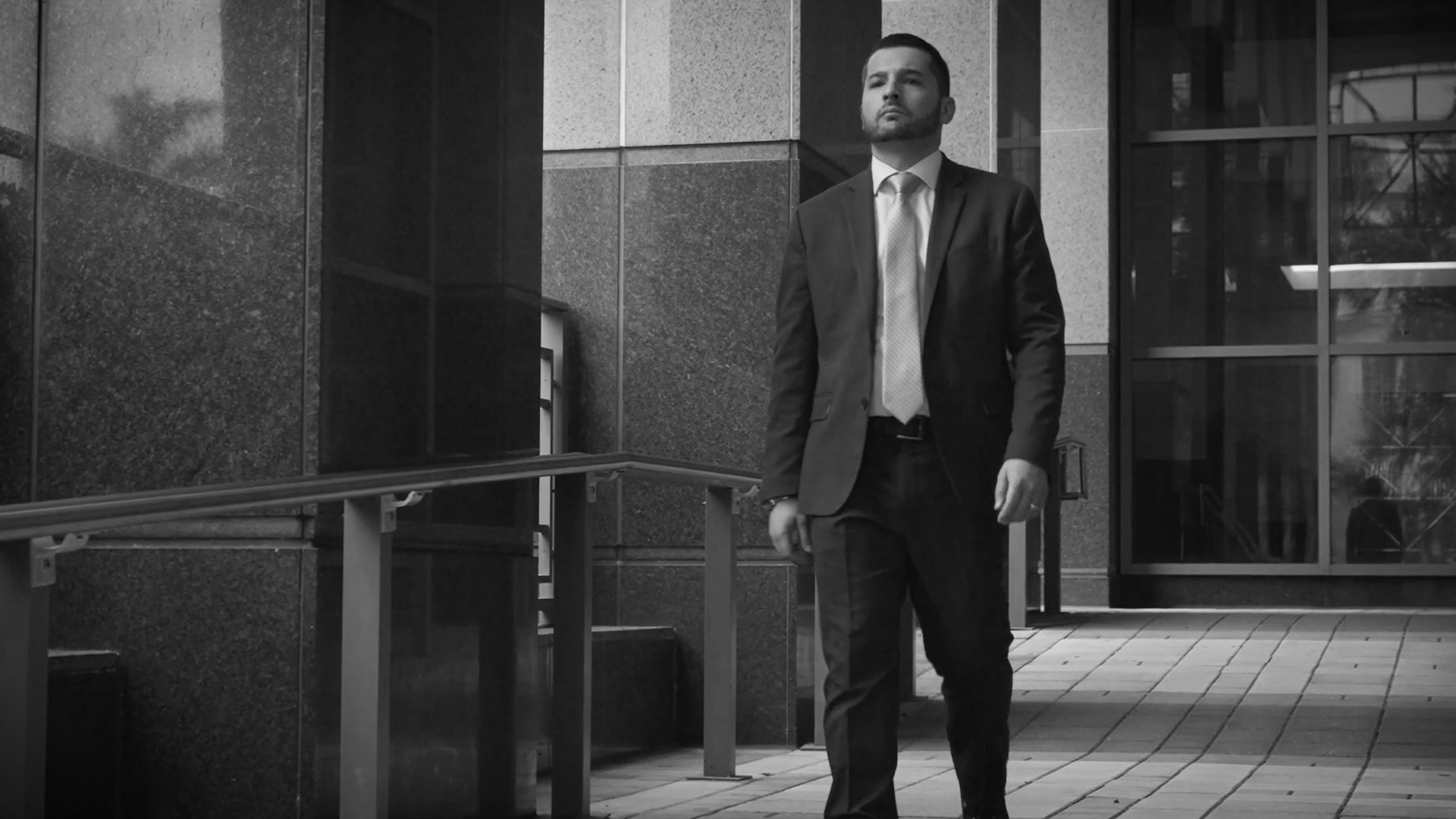
Violent Crime Defense Attorney in West Palm Beach, FL Fighting Serious Violent Crime Allegations in Palm Beach County, Broward County, Martin County, and Throughout South Florida
Have you been charged with committing a violent crime in South Florida? Violent crimes represent some of the most serious offenses under Florida’s criminal laws, as these offenses can result in severe injuries and death for victims. Defendants convicted of violent crimes can face significant penalties, including long prison terms or, in the most serious cases, life imprisonment or the death penalty.
When your rights, freedom, and life are at stake when facing prosecution for a violent crime, having experienced legal representation in your corner can make a difference in the outcome of your case. Attorney Brandon Dinetz has an extensive background in Florida’s criminal justice system, having handled hundreds of cases both as a defense attorney and a former prosecutor. Knowing how the state investigates, prepares, and prosecutes criminal cases allows him to develop tailored defense strategies and legal solutions to fight for the best possible outcome for clients. If you face charges of having committed violent crimes, contact BD Law as soon as possible for a case evaluation with a dedicated West Palm Beach violent crimes lawyer to get the legal advocacy you need to stand up and defend your rights and interests.

Facing Criminal Charges? BD Law Can Help.
Speak With Our Top-Rated
Criminal Defense Attorney
Types of Violent Crime Cases We Handle
At BD Law, our violent crime defense attorney in West Palm Beach, FL, can help you defend your legal rights, reputation, and freedom when facing conviction for violent criminal offenses such as:
- Murder/homicide
- Vehicular homicide
- Assault/aggravated assault
- Battery/felony battery/aggravated battery
- Stalking
- Kidnapping
- False imprisonment
- Human trafficking
- Discharging firearms in public or on residential property
- Arson
- Burglary
- Robbery/home-invasion robbery
- Carjacking
- Child abuse
Penalties for Violent Offenses Under Florida Law
In Florida, penalties for a conviction for a violent crime depend on the type and grading of the offense. Some violent crimes constitute second- or first-degree misdemeanors, which carry penalties of up to 60 days in jail and up to $500 in fines or up to one year in jail and up to $1,000 in fines, respectively.
However, most violent crimes constitute felony offenses. Florida has five grades of felony offenses for violent crimes: third-degree felonies, second-degree felonies, first-degree felonies, life felonies, and capital felonies. Maximum sentences for felony offenses include:
- Third-degree felony: Up to five years in prison and a fine of up to $5,000
- Second-degree felony: Up to 15 years in prison and a fine of up to $10,0000
- First-degree felony: Up to 30 years in prison and a fine of up to $10,000; or in some cases, a term of years to life imprisonment
- Life felony: Life imprisonment
- Capital felony: Death penalty
A conviction for a violent crime can have long-lasting consequences even after a defendant completes their sentence. For example, violent sex crimes may result in a defendant having sex offender registration obligations, which require sex offenders to regularly report to law enforcement officials.
Defenses to Violent Crime Charges
Individuals accused of committing violent crimes may assert various factual and legal defenses against their charges, depending on the circumstances surrounding the case. Common defense strategies used to contest violent crime charges include:
- Self-defense: A defendant accused of committing a violent crime against another person may argue that they acted in self-defense or defense of others because the alleged victim instigated the violent interaction. However, valid self-defense requires a defendant to use force proportional to that used by their attacker or the minimum amount of force necessary to protect themselves or others.
- Alibi: A defendant may challenge the prosecution’s case by presenting evidence that they were somewhere else when the alleged crime occurred.
- Mistaken identity: Defendants may challenge the reliability of a victim’s or eyewitness’s identification of the defendant as the assailant.
- Unreliable forensic evidence: Defendants can contest the sufficiency of the prosecution’s case by raising questions about the reliability of forensic evidence linking the defendant to the crime.
- Unlawfully obtained evidence/statements: Defendants may seek to exclude the state’s evidence when investigators obtain physical evidence or statements in violation of the defendant’s rights, such as in an unlawful search or police questioning.
Contact a West Palm Beach Violent Crimes Lawyer Today to Discuss Your Legal Options
When you get arrested and charged with a violent crime, you may face significant criminal penalties that may result in the loss of your rights and freedom. Get the help you need to defend your interests, reputation, and future. Contact BD Law today for a confidential consultation to learn how a violent crime defense attorney in West Palm Beach, FL, will fight to defend you and help you pursue a favorable outcome to your criminal charges.
